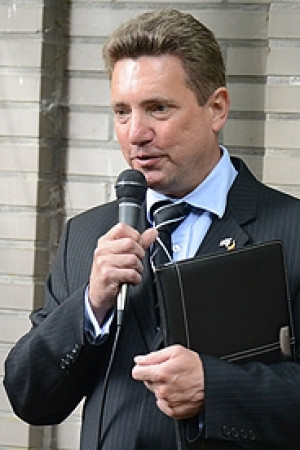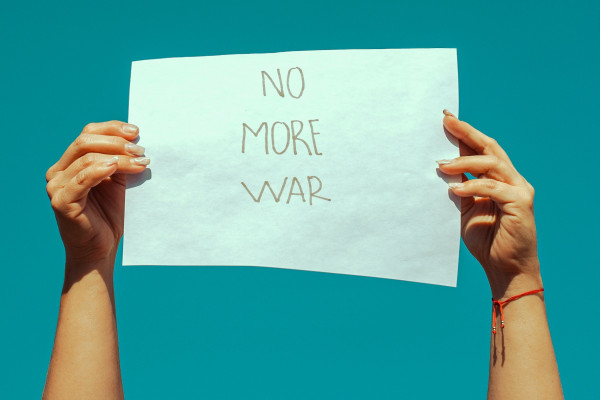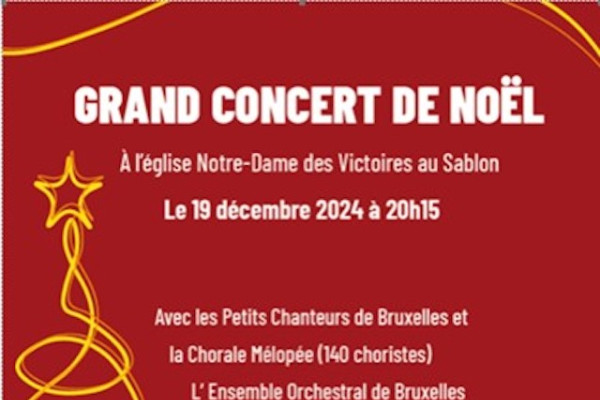
Georgia and Ukraine are actively seeking membership in the European Union (EU) and the North Atlantic Treaty Organization (NATO), while Moldova has indicated that it wants to join both as well. However, Vladimir Putin has made no secret of the fact that he regards such moves as a threat, and Ukraine has been invaded by Russia.
What’s to come?
Dr. Jerome (Jerry) Sheridan is the Director of American University’s Brussels Center and a Professor of International Relations. He develops, directs, and teaches specialized academic programs on the European Union and NATO. He is also a Lecturer at the Netherlands Defense College, and he is the Chairman of the Fulbright Commission for Belgium and Luxembourg, which also administers the European Union and NATO Fulbright programs. Outside of academia, Dr. Sheridan is the President of the American Overseas Memorial Day Association in Belgium.
(free image from pexels.com)
Dr. Jerome Sheridan opened the lecture noting that the topic, which was originally planned last November as a warning, had turned into an explanation of what is happening today regarding Russia’s invasion of Ukraine, and that “one cannot escape geography or history.” Russia’s “near abroad,” is caught between the West and the East.
After the Bolsheviks seized power and destroyed the tradition of czarist rule in Russia, authoritarianism and the military remained constant, and Russia became a communist state. Communism sought to control every aspect of one’s life, so what mattered was not what you knew as much as who you knew, leading to major corruption throughout the country. Decades later in 1991, the USSR collapsed, and former republics began to recognize each other’s independence. But 200 years of history cannot be wiped away in 30 years, and those countries which want to be part of the West still have a long way to go to get there.
In 1994, the Budapest Memorandum was signed, and Ukraine turned over its nuclear arsenal with security guarantees from Russia, Britain, and the USA. And up until 2014, the West believed it was building a positive relationship with Russia, (although Europe was more divided in thinking that because of its energy dependence on Russia, and the fact that some countries were living under the Warsaw Pact). The EU and NATO were serving Russia’s interests as well by inviting Russia to join the G8, working together with Russia to end the war in Bosnia in 1995, giving Russia a “voice” in NATO, and creating a joint space program. The USA and Europe were hoping that these steps would lead to Russia being part of the West as well.
However, NATO bombed Yugoslavia (without the support of the United Nations) until Milosevic capitulated, and Russia agreed as to how Kosovo would be governed. Russian President Boris Yeltsin thought he was building a positive relationship with the USA. But did the Russian people? Did the Duma? In 1999, Yeltsin handed over power to Vladimir Putin, who began governing as a reformer. Putin had been a former member of the KGB and also Deputy Mayor of St. Petersburg, but had lost faith in the Communist system. Early on, Putin accepted and signed the agreements for the initial enlargement of NATO, and in 2001, President George W. Bush found Putin to be “straightforward and trustworthy.”
But in the 2000s things started to go wrong between the West and Russia. Putin went to war with the Islamic Extremists in Chechnya, and felt the West was interfering. After 9/11 the US invaded Iraq. Putin felt both were fighting Islamic terrorism, but it was not viewed the same way in the West. Subsequently, Poland and the Czech Republic agreed to the NATO missile defence system under the Bush administration, and Putin felt that by doing that the West was positioning itself against Russia, possibly leading to a new arms race. Additionally, in 2003 the Rose Revolution took place in Georgia, and in 2004 the Orange Revolution occurred in Kyiv, Ukraine, both of which demonstrated that pro-Western leadership was favoured. By 2007, what was to be considered a watershed moment, Putin’s speech at the Munich Security Conference concluded the world had “one master, one sovereign” and that was the USA.
In 2008, both Georgia and Ukraine wanted to join NATO, with NATO promising they could “eventually join”, further aggravating Putin. Russia went to war in Georgia that same year, and the West’s response was remarkably muted, with Moscow suffering few negative consequences. Also in 2008, then Secretary of State Clinton attempted to push the “reset button” with Russia’s Foreign Minister Lavrov. In 2009 President Obama received the Nobel prize for peace, at the time of a US military surge in Afghanistan, and didn’t interfere with the Russian military intervention in the Syrian civil war. Further, the West didn’t bother to find a negotiated solution in Libya, instead it was bombed. At that time too, Obama considered Russia to be a “mere regional power” and the US pivoted its focus to Asia. Putin observed all of this.
By that time Putin had developed a taste for power, and quashed public demonstrations against him with brutal force.
In 2014, Ukraine's Yanukovych backed out of the political association and free trade agreemenent with the eU, instead choosing closer ties with Russia, which resulted in the Revolution of Dignity and the ousting of Yanukovych. Russia considered this to be an illegal coup, and lead to Russia's annexation of Crimea that same year.
The EU Association Agreement between its member states and a non-EU country creates a framework for cooperation between them, containing aid to help transport countries into functioning democracies, and security links, and NATO keeps foreign threats at bay for its members. Russia’s western frontier is safe, because the EU is good for Russia, but bad for Putin. Putin’s message is one of nationalism for Russia. If he were to be democratically voted out, he would most likely be thrown in jail for corruption, and Belarus’ Lashenko is in a similar position. Putin wants to recreate the czarist’s empire, and he feels humiliated. He is surrounded by the “Siloviki” or the powerful people, or as some translate it – gangsters.
But 90% of the Ukrainian population identify as Ukraine, including over 70% of its native Russian speakers. Ukraine has a national identity of its own.
Putin’s objectives are to stay in power, restore Russia as a great power, stop NATO and EU expansion, and even eventually destroy it. So, the war against Ukraine is being fought militarily, and through cyber invasions, and the media.
HOW WILL THE WAR END?
The extreme answers would be that Putin wins and installs a puppet government, but long- term insurgency remains, or that the Russian military and security establishment blame Putin for the war and oust him. More likely the end would come as a messy cease fire but with Putin wanting to carve up Ukraine and keep Crimea and the Donbas region under Russian control. Ending on a positive note, Dr. Sheridan said that we shouldn’t give up on the Russian people, and that only Russians can change Russia.



